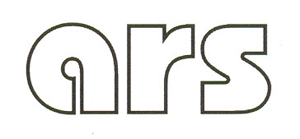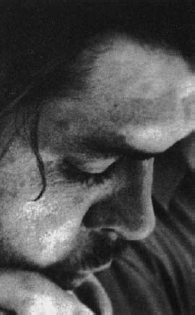Traditional paradigm of craftsmanship excellence, how could painting answer to the process of labour abstraction and to serial production, inherent to capitalistic modernization? vvThe text seeks to systematize the decisive moments of the journey that extends from Manet (1832-1883) to Rothko (1903-1970). It constitutes the conclusive chapter of an inquiry on the critical transformation of a mode of painting, founded on the reflexive overcoming of the dichotomy between intellectual and manual work, historically imposed on society. Updated critically and designating a possible closing to the process of modern art, Rothko's painting sets itself as the negation of painting's individual aspects and of the organic and monadic unity of the work. The last term of a process is so reached; term that indicates the end of aesthetical autonomy cycle as a form linked to subject's freedom, idealized as disinterested nature. For the work of resistance against acceleration of barbarism is henceforth fundamental to take into account the supra-individual heteronomy factors that, if they do not manage to control the whole production process, indeed keep hegemony in the sphere of circulation.
reflexive realism; abstract labour; heterenomous form; resistance and barbarism




